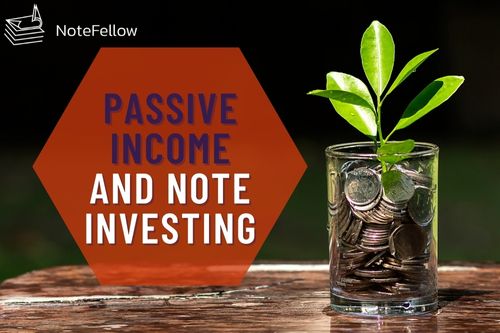In an ideal world, life would be all play and no work — and you’d still make enough money to support yourself.
Well, we don’t want to be the ones to tell you this, but that isn’t possible. It doesn’t mean you can’t have a slice of that, a little more of the play and little less of the work.
How? By cultivating passive income.
What is Passive Income?
Passive income is money that you earn with little (to no) active daily effort from you. Whatever the income source, it does not require regular attention and effort on your part to function and earn.
But, that does not mean that no effort is ever required.
Many passive income sources take a bulk of the work at the beginning to be set up. That could be in the form of physical effort or management, or it could mean a financial investment.
For this reason, passive income sources are often wealth-building tools, to be coupled with a full-time job/income source at the start. Many use passive income as a path to early retirement or an additional extra source of income for saving.
So, when you see the term “passive” do not think free or easy money — that sadly is not a thing yet. It takes effort to set up, and then once there, that required time and thought drops off, leaving you with a passive income.

Sources of Passive Income
There are many different sources of passive income — it’s only limited by your imagination.
In fact, one of the popular passive incomes we see today is YouTube Channels. While the video recording and editing require time, once online and set up with ads, it will continue paying without the YouTuber’s active attention.
However, when most people think about passive incomes, they think about investing or property rentals. Purchasing a property and renting it out requires money and time in the beginning, but once rented, it takes less of your time.
But, we think there is an even better way to invest in real estate. A method where you don’t have to play landlord, but still receive a monthly income.
Passive Income and Note Investing
We’re talking about real estate note investing.
When renting property, you have to play the landlord. Depending on your property — that can take a lot of your time. Making that “passive” feel more and more like hard work.
With note investing, you aren’t the landlord. Instead, you’re just collecting on a debt owed, like the bank.
And, you can invest in real estate notes using your self-directed IRA, so the monthly income goes directly into funding your future retirement. This has the added benefit of profits accumulating tax-deferred, or even tax-free with a ROTH IRA.
Now, with any debt-repayment investment, there is a chance of default. It’s just part of the game. But when done smartly and within your mean, real estate investing doesn’t have to be scary.
